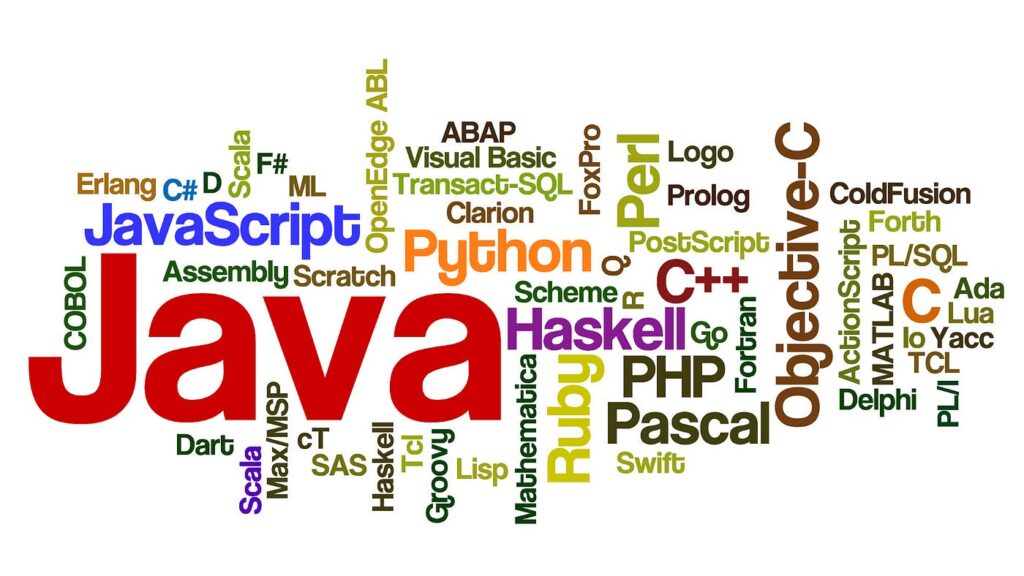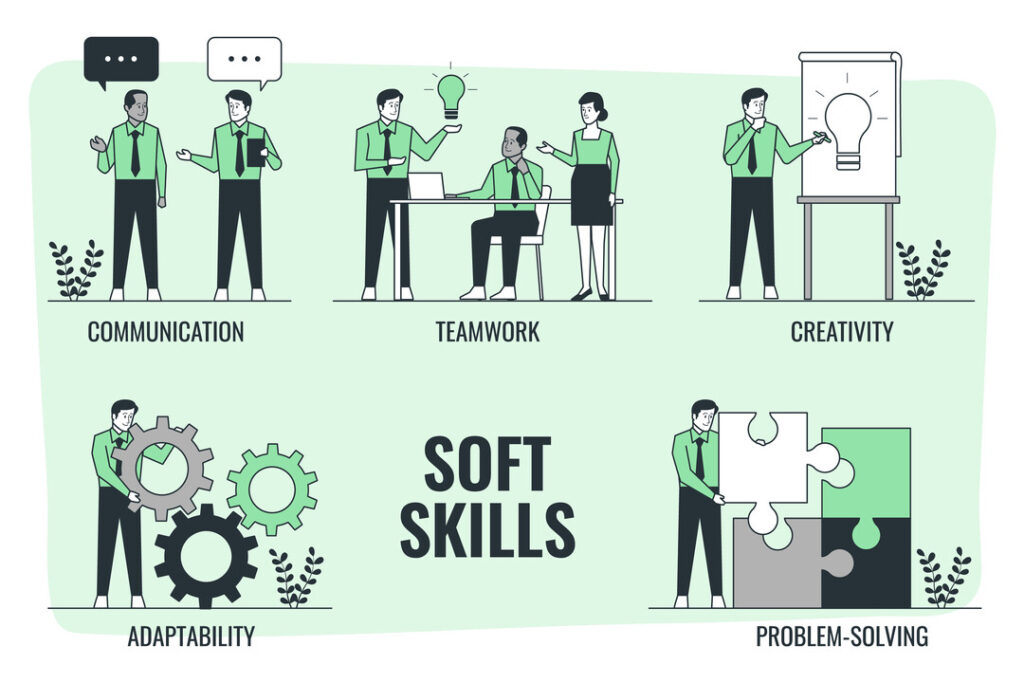
As a student pursuing an MCA (Master of Computer Applications) or BCA (Bachelor of Computer Applications), it is important for you to master programming in order to succeed both academically and professionally. Whether your goal is to work in software development, data science, artificial intelligence, or any other tech-related field, developing your programming capabilities will make you stay ahead of others. Therefore, here are some of the beneficial measures and suggestions that will help you improve your programming proficiency.
1. Understand the Fundamentals

It is essential to make sure that you have a strong understanding of the basics, before you get into the advanced topics. The key areas are as follows:
- Programming Languages: Begin by learning programming languages such as Python, Java, C, or C++. These languages lay the groundwork for learning more sophisticated languages and frameworks.
- Data Structures and Algorithms: It is important to understand how data is organized and processed. Analyze queues, stacks, graphs, trees, linked lists, and arrays. Because coding interviews generally need knowledge of sorting and searching algorithms, thus, it is important to get proficient in it.
- Object-Oriented Programming (OOP): Learn the principles of inheritance, abstraction, polymorphism, and encapsulation as they actually apply to Object-Oriented Programming techniques. Therefore, with the aim to write adaptable and effective code, the aforementioned concepts are essential.
2. Hands-On Practice
To become a proficient programmer, you must have to write code on a regular basis to take on concepts. Therefore, here are some of the important pointers for efficient practice:
- Coding Platforms: There have been various types of problems to solve on websites which include LeetCode, HackerRank, CodeChef, and GeeksforGeeks. Furthermore, you might find out about various problem-solving techniques from the community support and approaches that are provided through these kinds of websites.
- Projects: Take up some small projects that interest you to work on. Anything from a complicated web application to a basic calculator app could qualify for it. Therefore, projects enable you to showcase your skill set to potential employers and apply what you’ve learned in a real-world environment.
- Collaborate: Make a study group with your peers or be a part of coding communities. Because of this reason, your ability to solve problems is strengthened by collaborative learning, which introduces you to a variety of viewpoints and solutions.
3. Explore Advanced Topics
After being expert with the basics, now, it’s time for you to move forward towards the more advanced field of learning. Therefore, some of the fields that you can consider are as follows:
- Web Development: Gain in-depth knowledge of back-end frameworks such as Django, Ruby on Rails, and Node.js, while also learning front-end technologies i.e. HTML, CSS, and JavaScript.
- Mobile App Development: There are various types of interesting opportunities for developing mobile applications on platforms which includes iOS (Swift) and Android (Java/Kotlin).
- Data Science and Machine Learning: If you are planning to learn data analysis and machine learning, then Python libraries such as Pandas, NumPy, and Scikit-Learn are the best starting points for you.
4. Stay Updated with Trends and Technologies
Emerging innovative technologies and tools on a regular basis highlight the dynamic nature of the tech industry. So, it’s important to stay up to date by:
- Following Tech Blogs: TechCrunch, Dev.to, and Medium are among the many of the websites that offer updates on the latest innovations and trends.
- Subscribing to Newsletters: You can stay up to date on developments in the industry by subscribing to newsletters from websites such as Stack Overflow or Hacker News.
- Attending Webinars and Conferences: To network with industry experts and get knowledge of cutting-edge technologies, try to take part in various events i.e. both online and offline events.
5. Pursue Internships and Real-World Experience
Internships are the essential thing that helps you provide the most valuable hands-on experience and exposure to real-world challenges. Therefore, look for the opportunities to:
- Work with Startups: To help you learn more quickly and efficiently, the startups generally offer you with more responsibilities and a wide array of work.
- Participate in Hackathons: These events are the most excellent opportunities to put your skill set to the test, take up knowledge from others, and eventually expand your network.
- Freelance: The platforms such as Upwork, Fiverr and Freelancer will assist you to work on wide range of projects and also help you build your own professional portfolio.
6. Develop Soft Skills

As technical skills are really essential, likewise, soft skills are also important for a successful career. This it necessitates you to focus on the following:
- Communication: For collaborating with your team members and to express your thoughts, it is very essential to have a clear and effective communication.
- Problem-Solving: Develop a systematic strategy for resolving conflicts. Divide challenging issues into smaller and more manageable segments and further address them gradually.
- Time Management: Learn the skill of effectively managing your time and determining priorities. Furthermore, you can maintain your organization with the aid of tools such as Asana or Trello.
7. Seek Feedback and Reflect
For any continuous improvement or development, it is important to take regular feedbacks. Hence, here’s how you can incorporate feedbacks in an effective way:
- Code Reviews: To receive helpful feedback and also learn from others, it is essential for you to participate in code reviews.
- Mentorship: Look for the mentors who can help you by providing you with the proper guidance and share their experience. Also, they will help you choose the career path that is best for you.
- Self-Reflection: Evaluate your progress on a regular basis, identify the areas that needs improvements, and further set achievable goals.
Conclusion
As an MCA or BCA student, you need to incorporate theoretical understanding, real-world application, and ongoing study to advance your programming expertise. You’ll be well on your approach to becoming a proficient programmer competent to take on the problems of the tech industry if you follow the above-described methods. Additionally, never forget that hard work and enthusiasm are essential. So, continue to code, maintain your interest in the subject, and never give up learning.

